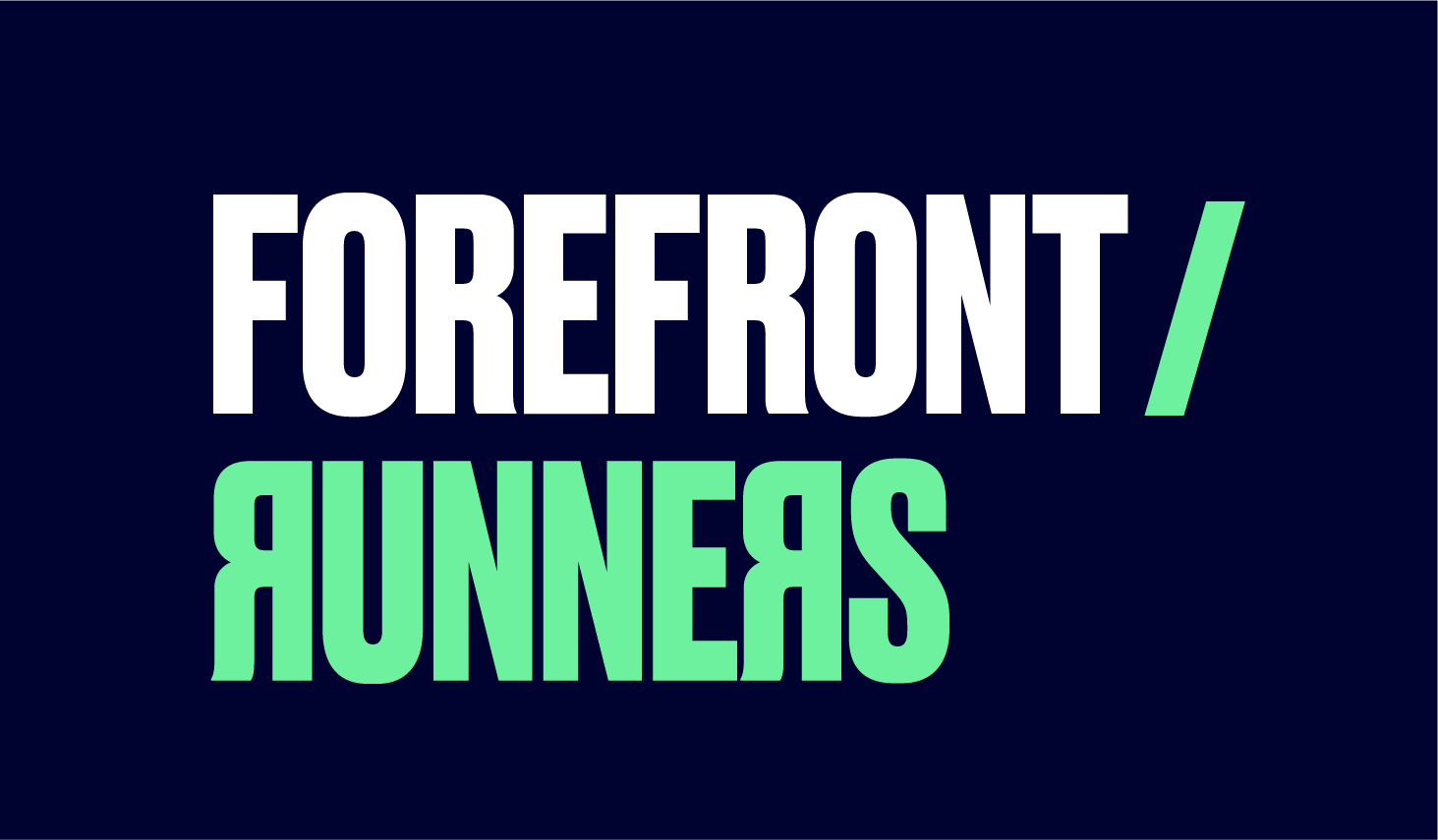The Rise of Influencer Brands in the Sports Arena.

In recent years, there has been a significant increase in influencers launching their own brands. This trend has opened up new opportunities for sports properties to form partnerships with these influencers, leveraging their direct relationship with followers and building affinity among different demographics.
The Power of Influencer Marketing: Influencer marketing has become a powerful tool for brands. Influencers, with their large audience of followers, are able to create and distribute relevant, authentic-looking brand-related content. This practice allows brands to leverage the power of word-of-mouth while regaining control through official agreements with the influencers. Influencers are likely to be positive about the brands they receive incentives from, which adds to the credibility of the endorsements.
Influencer-Owned Brands and Sports Partnerships: For influencers, sports partnerships offer a global platform to grow the credibility of their products beyond their own channels. A prime example of this is the energy drink brand Prime, founded by YouTubers KSI and Logan Paul. The brand has secured deals with major sports properties such as the UFC, the Los Angeles Dodgers, and multiple football clubs, including Arsenal, Bayern Munich, and FC Barcelona; Kim Kardashian's Skims became the official underwear partner of the NBA and WNBA; Feastables, a snack brand under the ownership of the popular YouTube personality Mr. Beast, recently entered into a partnership for jersey patch sponsorship with the Charlotte Hornets. On the other hand, the trick shot experts, Dude Perfect, have chosen to sponsor Burnley's academy teams and junior retail shirts in the Premier League.
The Benefits of Co-Branding: As influencer marketing becomes more mainstream, famous content creators and social celebrities have the chance to branch out into other areas of business. For consumer goods manufacturers, collaborating with a social celebrity to co-create a brand or launch a dedicated new brand could offer many advantages. They could benefit from the social outreach of the partner, which could lead to more companies exploring these co-branding options.
In conclusion, the rise of influencer-owned brands presents a unique opportunity for sports properties. By partnering with these influencers, they can tap into a direct relationship with a diverse demographic of followers, boost their brand's credibility, and potentially increase their global reach. As influencer marketing continues to evolve, we can expect to see more of these partnerships in the future
